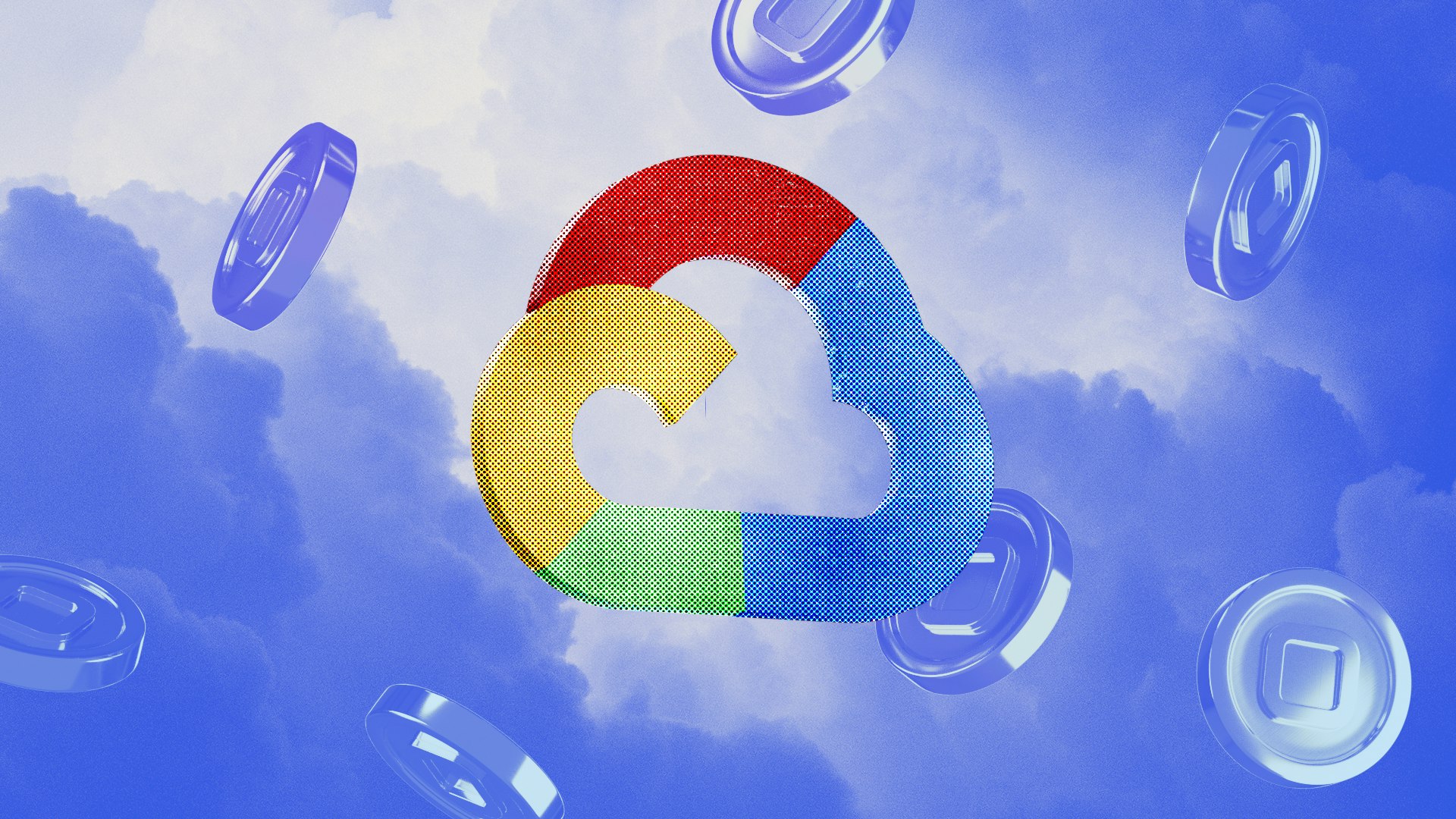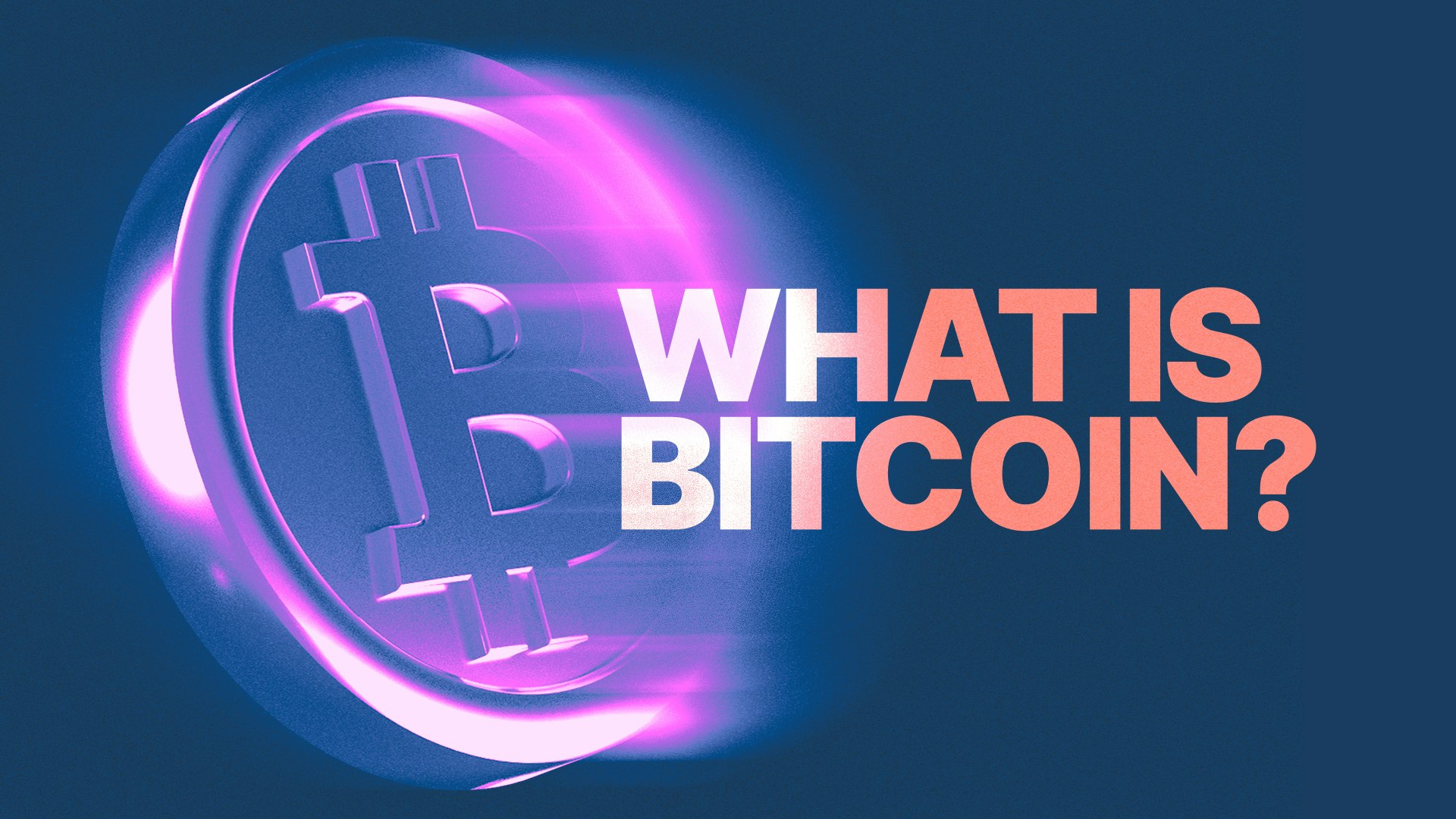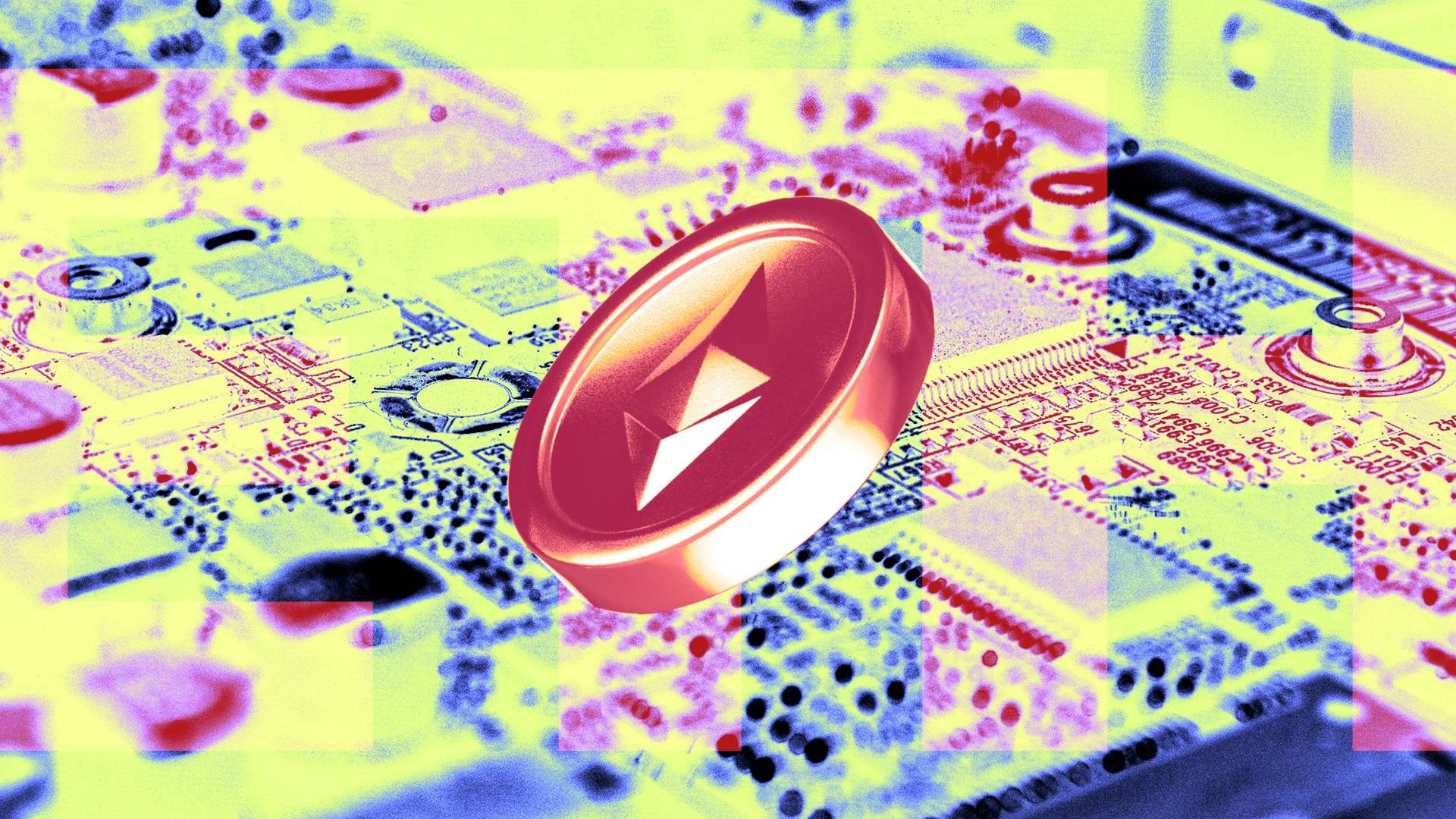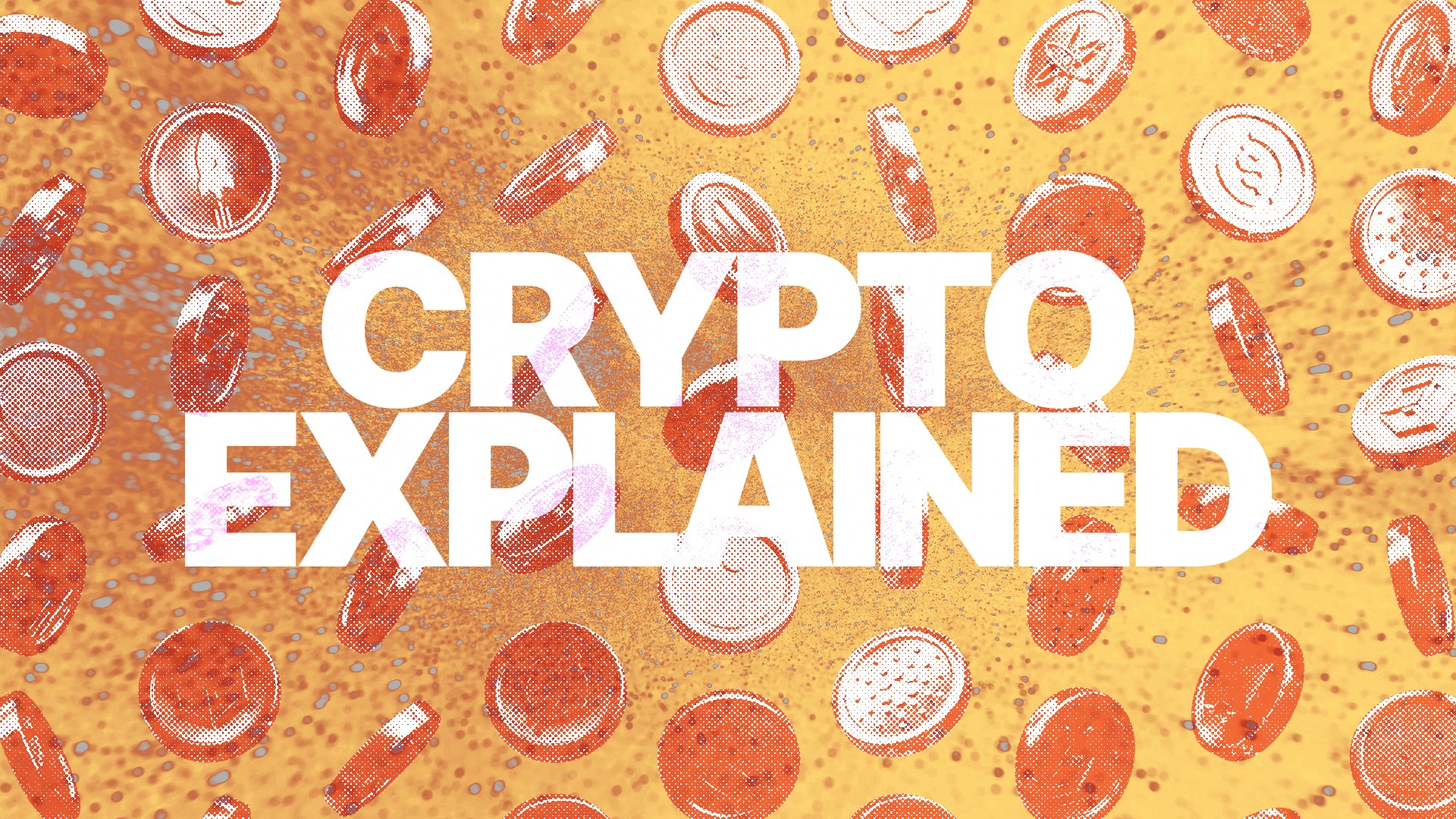Google Cloud Enters Blockchain: What GCUL Means for Crypto
Google Cloud has launched its own Layer 1 blockchain, GCUL, now in private testing. It could reshape how financial institutions use blockchain.
In this article...
- GCUL leverages Google’s infrastructure to bring blockchain to billions of users.
- Python-based smart contracts open blockchain development to a wider pool of programmers.
- Early pilots with CME show Google’s focus on tokenised assets and real-world finance.

Google Cloud has made a significant move into the blockchain space with the announcement of GCUL. It is a Layer 1 blockchain currently undergoing private testing. This development marks a major tech giant's serious entry into decentralised infrastructure. And it could potentially influence how financial institutions see blockchain technology.
Interestingly, it could be a huge competitor in the payments space for Ripple, Stripe and Circle.
What Makes GCUL Different?
Blockchain projects that emerge are usually designed by crypto-native teams. But GCUL uses Google's massive infrastructure and years of research, so this makes it different in a few ways.
Developer-Friendly Approach
GCUL uses Python-based smart contracts. This means that the vast community of Python developers who don’t have traditional blockchain experience can use it without learning a new programming language.
Trust-Neutral Infrastructure
Rather than favouring specific institutions, Google positions GCUL as an open platform where any financial organisation can build applications.
Enterprise Scale
Google's distribution network could potentially reach billions of users and hundreds of institutional partners. So GCUL could offer unprecedented scale for blockchain applications.
Real-World Applications Already Emerging
The platform isn't just theoretical. Google has already conducted pilot programs, including a partnership with the Chicago Mercantile Exchange (CME) for tokenised assets. This suggests a focus on bringing traditional financial instruments onto blockchain infrastructure.
The idea is that GCUL could support 24/7 capital markets infrastructure and payment systems. This addresses one of the key limitations of traditional finance that operates on business hours and requires multiple intermediaries.
What This Means for the Crypto Industry
Google's entry into Layer 1 blockchain development signals several important trends.
Institutional Validation
When tech giants build blockchain infrastructure, it legitimises the technology for traditional financial institutions. These financial institutions might have been hesitant to adopt crypto solutions.
Competition for Existing Chains
GCUL could compete with established blockchains, offering better integration with existing Google Cloud services.
Bridge Between Traditional and Crypto Finance
Google's neutral positioning could help traditional financial institutions transition to blockchain-based systems more comfortably.
Potential Challenges Ahead
Google's blockchain plans aren't without blowback. There have been recent issues with Google Cloud's BigQuery pricing. Developers faced unexpected bills in the thousands of dollars for data queries.
This creates a dilemma around how Google will price blockchain services.
The crypto community values decentralisation and open access. These are principles that could clash with Google's business model if GCUL's costs become too high for smaller projects.
The Future of GCUL
As GCUL progresses through its testing phases, the crypto industry will be watching closely. Success could accelerate institutional adoption of blockchain technology. But challenges could highlight the tension between big tech efficiency and crypto's decentralisation ethos. One thing is certain: the blockchain landscape just became way more interesting.

Suggested Articles

What is Bitcoin (BTC)? What is "Digital Gold" Used For?
What is Bitcoin? It is a digital currency that can be traded, exchanged, and used as a form of payment independent of central banks and governments.Read more
What is Ethereum? What is ETH Used For?
Ethereum is a decentralised blockchain-based open-source software platform that allows for the development of decentralised applications (dApps).Read more
What Is Crypto? How do Cryptocurrencies Work?
Crypto has become incredibly popular. But how does this digital currency work? And are there cryptos other than Bitcoin? Read moreBrowse by topic
Disclaimer: This article is for informational purposes only and does not constitute financial or investment advice. Cryptocurrencies, including Bitcoin, are highly volatile and speculative assets, and there is always a risk that they could become worthless.
Readers should conduct their own research and consult with a qualified financial advisor before making any investment decisions.
CoinJar does not endorse the content of, and cannot guarantee or verify the safety of any third party websites. Visit these websites at your own risk.
Your information is handled in accordance with CoinJar’s Collection Statement.
CoinJar’s digital currency exchange services are operated by CoinJar Australia Pty Ltd ACN 648 570 807, a registered digital currency exchange provider with AUSTRAC.
CoinJar Card is a prepaid Mastercard issued by EML Payment Solutions Limited ABN 30 131 436 532 AFSL 404131 pursuant to license by Mastercard. CoinJar Australia Pty Ltd is an authorised representative of EML Payment Solutions Limited (AR No 1290193). We recommend you consider the Product Disclosure Statement and Target Market Determination before making any decision to acquire the product. Mastercard and the circles design are registered trademarks of Mastercard International Incorporated.
Google Pay is a trademark of Google LLC. Apple Pay is a trademark of Apple Inc.
This site is protected by reCAPTCHA and the Google Privacy Policy and Terms of Service apply.

